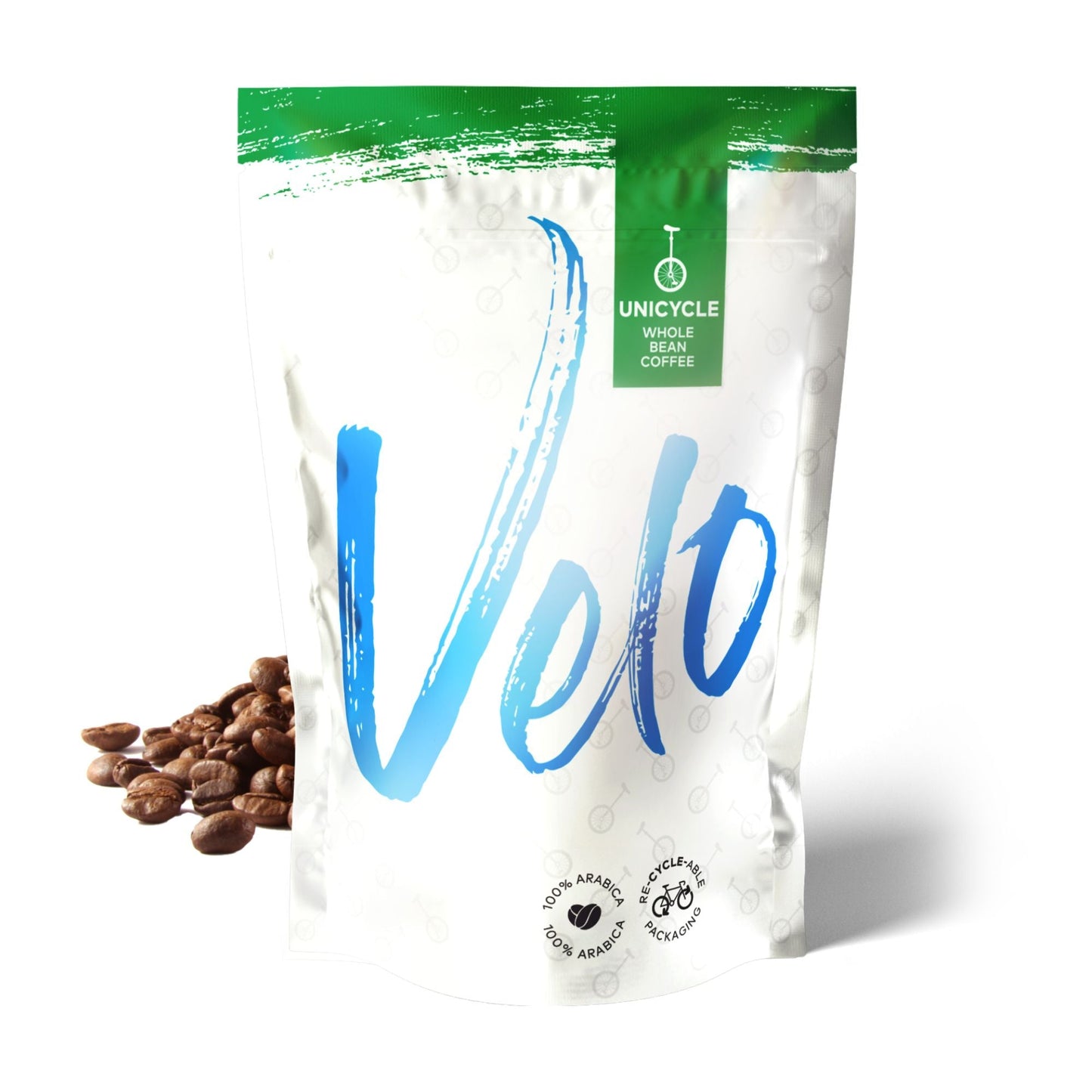
Beyond its ability to jolt us awake and kickstart our mornings and improve our focus, coffee has been linked to an array of surprising health benefits. Some of these incredible health benefits actually target your microbiome. The best type of coffee for the microbiome would ideally be one that maximises the positive effects on beneficial bacteria and minimises the negative effects on the gut lining and overall health.
Light to Medium Roast: Light to medium roasted coffee beans tend to have higher levels of antioxidants and polyphenols compared to dark roasted beans. These compounds can act as pre-biotics, promoting the growth of beneficial bacteria and inhibiting harmful ones. The best part about this, is that ALL of Velo’s coffees are light to medium roast!
Low Acidity: Coffee with lower acidity is gentler on the stomach and the gut lining. However, the acidity of coffee doesn't seem to have a direct effect on the microbiome.Velo Coffee Roasters has plenty of options of coffee with lower acidity.

No or Minimal Sugar and Cream: Adding a lot of sugar or cream to your coffee can negate some of the beneficial effects on the microbiome. For example, high sugar intake can lead to the overgrowth of harmful bacteria and yeast in the gut.
Remember, the best coffee is one that fits your individual taste and health needs (and one that you like!) Ultimately, a balanced diet and healthy lifestyle are the most important factors for maintaining a healthy microbiome (with a cup of your favourite Velo coffee on the side!)
Facts about coffee and microbiome
Coffee is one of the most popular beverages worldwide and its consumption has been associated with various health effects. The human microbiome refers to the collection of microorganisms living in our body, particularly in the gut. These microorganisms play a crucial role in our health and well-being. Here are some facts about coffee and its interaction with the human microbiome:
Diversity of Microbiota: Consumption of coffee has been associated with increased diversity of gut microbiota. A diverse microbiota is usually considered a sign of a healthy gut.

Stimulation of Beneficial Bacteria: Some studies suggest that coffee consumption can lead to an increase in the abundance of beneficial bacteria such as Bifidobacteria and Lactobacilli. These bacteria are known to have anti-inflammatory properties and help in digestion.
Inhibition of Harmful Pathogens: Certain compounds in coffee, like polyphenols, have been shown to inhibit the growth of harmful bacteria such as Escherichia coli (E.coli) and Helicobacter pylori (H. pylori).
Prebiotic Effects: Coffee contains dietary fiber and polyphenols which can act as prebiotics. Prebiotics are compounds that promote the growth of beneficial bacteria in the gut.

Effect on Biofilms: Biofilms are colonies of bacteria that adhere to the surfaces of the gastrointestinal tract. Coffee can disrupt the formation of biofilms by pathogenic bacteria, thereby preventing infections. Velo coffee does all the work while you just ‘sip back’ and enjoy!
Modulation of Inflammation: Coffee consumption has been associated with reduced levels of inflammatory markers. The gut microbiota plays a key role in modulating inflammation, and it is possible that coffee exerts its anti-inflammatory effects, at least in part, by modulating the gut microbiota.


